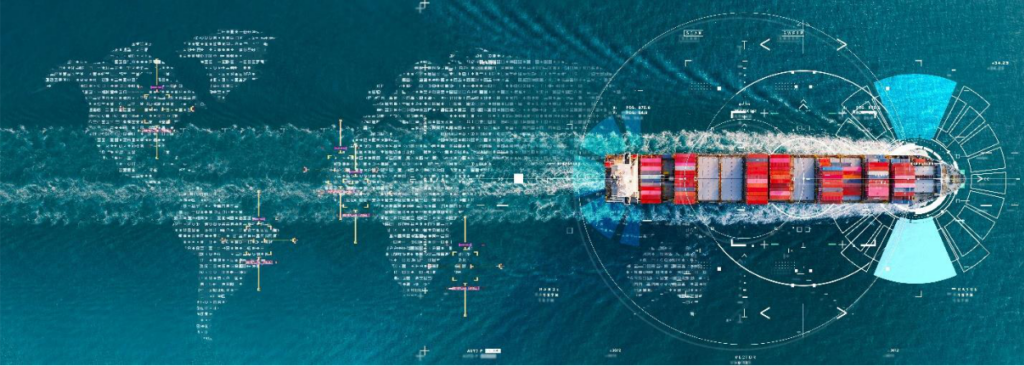
Country Risk Report – March 2024
$631.13 Billion |
State Department Travel Advisory Level Level 1: Exercise Normal Precautions |
94/180 |
Anti-Money Laundering/Terrorist Financing FATF/GAFILAT |
95/125 |
Free |
Country Risk Report – March 2024
| GDP (2022) | $631.13 Billion |
| State Department Travel Advisory Level | Level 1: Exercise Normal Precautions |
| Corruption Index Score (2022) | 94/180 |
| Anti-Money Laundering/Terrorist Financing | FATF/GAFILAT |
| Property Rights Index | 95/125 |
| Freedom House Ranking | Free |
Argentina is one of Latin America’s largest economies and has long offered the promise of advanced economic development. While some have argued that Argentina has never lived up to this potential, it still offers a variety of business and investment opportunities, and the promise remains.
The recent election of President Javier Milei has raised questions about Argentina’s future and whether or not it can emerge from the challenges that have constrained it for decades. Understanding the challenges and shifting economic and political landscape in Argentina is paramount to the success of your business and investments. In addition, managing economic risk will be crucial.
In 2023 Javier Milei surprised Argentina and the international community alike by winning the presidential election by a significant margin over the incumbent Peronist candidate Sergio Massa.
Milei describes himself as an anarcho-capitalist. He ran on a platform of economic reforms aimed at tackling some of Argentina’s largest challenges, such as runaway government spending and high inflation.
Most of his proposed reforms have stalled in Congress due to his party (La Libertad Avanza) holding a minority of seats, although he has succeeded in slashing some government jobs.
Milei’s proposals include economic deregulation, cutting state spending, dissolving the Central Bank, and currency devaluation. His more radical proposed reforms are likely to continue to face stringent opposition.
Argentina’s economy has been mired by financial crises driven by exorbitant national debt and triple-digit inflation for decades.
Past dysfunctional handling of the economy has led to uneven growth and periods of serious economic strain. This has created a state of ongoing political tensions and paved the way for the election of populist leaders.
Despite this, Argentina is still a regional economic power, with the second-largest economy in South America. Below are some of the challenges facing Argentina’s economy:
Despite these challenges, Argentina’s vast reserves of natural resources and potential for renewable energy promise a healthier economic future. Already, President Milei's economic reforms have boosted investor confidence in Argentina and lowered its risk of defaulting on its debt.
Many hope that the current political and economic shifts in Argentina will have a positive impact on its economy and lead it to achieve the country’s high potential. Here are some of its key industries offering potential lucrative returns on investment:
Want To Know More?
For a deeper review of political, economic, due diligence and security risks for Argentina, please contact us.
Our due diligence investigations help you understand fraud, bribery and corruption issues so your organization can avoid unnecessary risk exposures.
Protecting your corporation’s Board of Directors, shareholders and employees are part of key risk mitigation strategy.
Infortal has screened workforces for Fortune 100 companies, banks, law firms for 30 years including nationwide and international hires.
